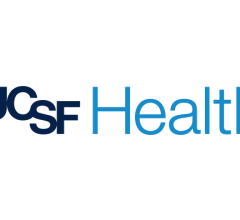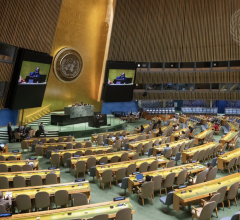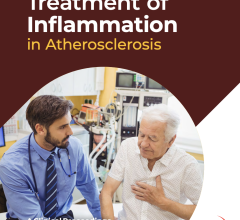
Findings from an observational analysis of ARISE-HF trial participants, newly-published in the Journal of the American College of Cardiology, JACC, shed light on the racial and ethnic disparities in diabetic cardiomyopathy (DbCM), which researchers note may have the potential to inform clinical practice, interventions, and policies. Image courtesy: Getty Images
July 10, 2024 — Findings from an observational analysis of ARISE-HF trial participants, newly-published in the Journal of the American College of Cardiology, JACC, shed light on the racial and ethnic disparities in diabetic cardiomyopathy (DbCM), which researchers note may have the potential to inform clinical practice, interventions, and policies.
Distinct racial and ethnic variations in baseline characteristics among patients with diabetic cardiomyopathy (DbCM), underscore the need for personalized and targeted strategies for managing overall care and outcomes. Summary findings from “Racial Differences in Diabetic Cardiomyopathy: The ARISE-HF Trial,” presented in an ACC news brief coinciding with the July issue of the JACC, the flagship publication of the American College of Cardiology (ACC) follow.
The analysis, conducted by Jose Lopez, MD, UM Division of Cardiovascular Disease, University of Miami Miller School of Medicine, JFK Hospital (Lantana, FL) et al., examined the baseline characteristics, echocardiographic parameters, and functional capacity of the 691 patients enrolled in the ARISE-HF trial. Patients were stratified by race and ethnicity into six cohorts: American Indian and Alaskan Native (AIAN), Asian and Pacific Islander (API), Black, Hispanic, White, and Other. The median age of all patients was 67.4 years and 50% were women, with no significant variation between racial/ethnic groups.
Overall findings showed Black and Hispanic patients had lower use of diabetes treatments. For example, only 14.3% of Black participants were using insulin compared with 50% of AIAN and API participants, while use of GLP-1 receptor agonists among Hispanic participants was 12.6% compared with 25% among the overall cohort. Additionally, SGLT2i use among Black and Hispanic participants was significantly lower compared with other racial groups at 16.7% and 9.9%, respectively.
In other results, researchers noted that "echocardiographic parameters showed no significant differences in left ventricular function, but the AIAN, Black, and Other racial/ethnic groups exhibited worse GLS [global longitudinal strain] values despite no differences in baseline LVEF [left ventricular ejection fraction]." Black, Hispanic and AIAN participants showed greater impairment in exercise capacity during cardiopulmonary exercise testing compared with White participants. Black patients also had poorer health status, including the highest proportion of smoking history at 57.1%, and more reduced physical activity.
Despite potential limitations posed by stratifying by race vs. geography, Lopez and colleagues say their "findings have the potential to inform clinical practice, interventions, and policies aimed at reducing disparities in DbCM outcomes and improving the overall care of individuals with diabetes mellitus."
A related editorial comment, “Exploring Racial and Ethnic Differences in Diabetic Cardiomyopathy: The Physical Burden of Health Disparities,” was published by Maya E. Guglin, MD, FACC, Division of Cardiovascular Disease, Indiana University Health (Indianapolis, IN), and Dustin Hillerson, MD, FACC, Department of Cardiovascular Medicine, Mayo Clinic (Rochester, MN). In it, notes the ACC news overview, they echo these sentiments, adding that "finding differences is useful only if it will eventually result in differential approaches to prevention and treatment to improve the course of the events for all ethnic groups."
More information: www.acc.org


 February 04, 2026
February 04, 2026 









